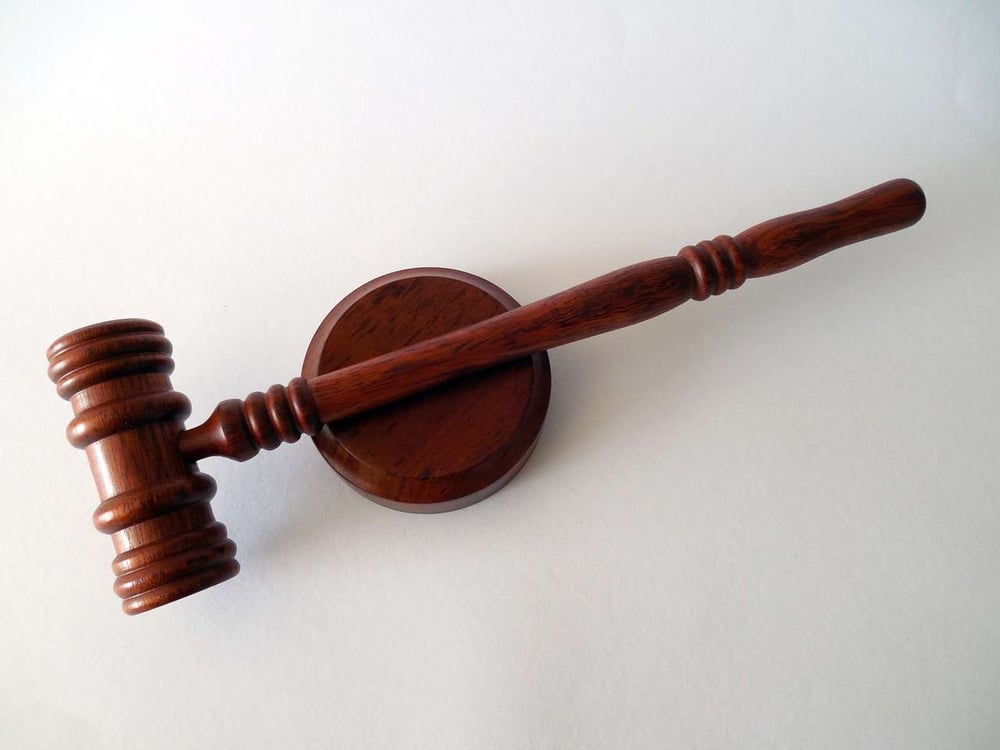There are many common misconceptions about when expungement (also called expunction), or the process of having a case expunged or removed from a person’s criminal record is available.
Expungement is a process whereby a criminal conviction can be removed from an individual’s criminal record which can also remove the conviction from public view.
At the heart of the expungement statute lies an intention “to provide a break to young offenders who demonstrate the ability to comply with the law” by successfully completing and being discharged from their sentences.
State v. Leitner, 2002 WI 77. Section 973.015 allows expungement for certain offenses which occur for a defendant who is under 25 years of age at the time of the offense. Section 973.155 states in pertinent part as follows:
The expungement statute, Wis. Stat. §973.015 states in pertinent part:
(1m)(a) … when a person is under the age of 25 at the time of the commission of an offense for which the person has been found guilty in a court for a violation of a law for which the maximum period of imprisonment is 6 years or less, the court may order at the time of sentencing that the record be expunged upon successful completion of the sentence if the court determines the person will benefit and society will not be harmed by this disposition…
(3) (b) A person has successfully completed the sentence if the person has not been convicted of a subsequent offense and, if on probation, the probation has not been revoked and the probationer has satisfied the conditions of probation. Upon successful completion of the sentence the detaining or probationary authority shall issue a certificate of discharge which shall be forwarded to the court of record and which shall have the effect of expunging the record. If the person has been imprisoned, the detaining authority shall also forward a copy of the certificate of discharge to the department.
In Summary: Why Expungement is So Difficult and So Rare in Wisconsin
Expungement must be agreed to by the State and the court must approve it at the sentencing hearing.
If the matter of expunction is not raised or mentioned at the sentencing hearing it is not valid since the Judge must make a finding at the sentencing hearing that the person would benefit from expungement and that society would not be harmed as a result of it.
Stangl Law Offices, S.C. frequently gets questions about expungement where expungement is not available or does not apply.
For example, just because a case is very old does not mean it can be expunged.
It is important to remember that expungement is the exception, not the rule, and it is usually earned through compliance with conditions of probation or other conditions of a sentence when expungement eligibility is granted by the court and only after successful completion of certain conditions is then expunction granted.
If a defendant earns expungement as outlined above it does not occur automatically. Instead, the defendant must return to court after successfully completing the imposed conditions and have the court grant its approval.
The person seeking expungement should ask his or her probation agent to forward a certificate of discharge from his/her probation to the court that granted expungement. Sometimes this can be done through a written legal agreement with the State called a stipulation with the judge approving an expungement order.
Stangl Law Offices, S.C.


